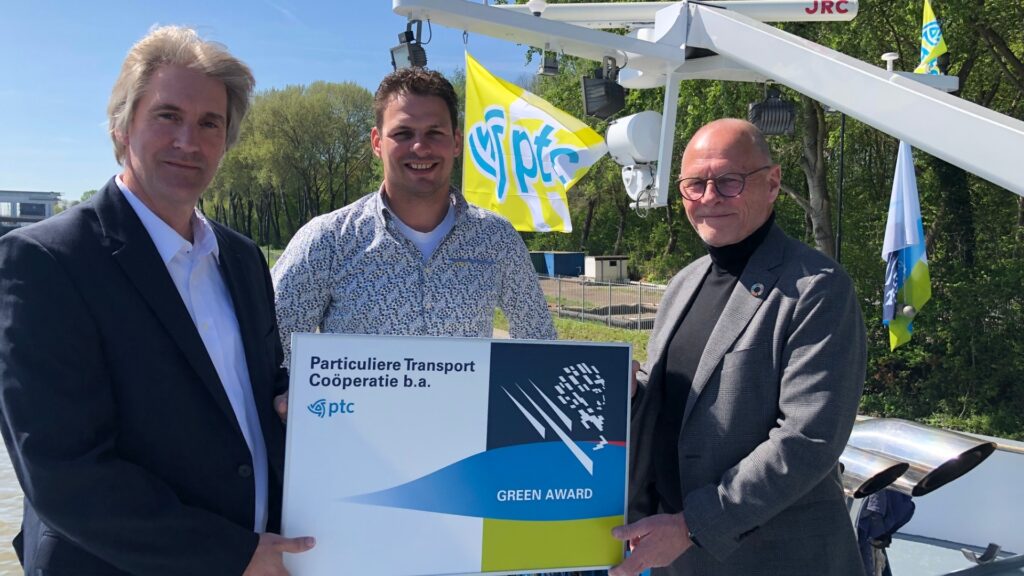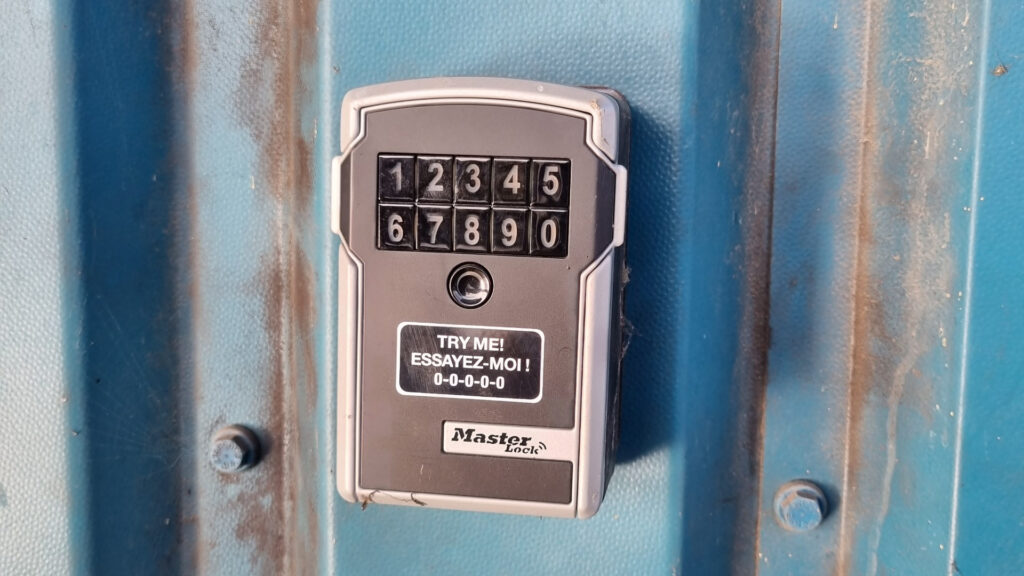Although inland waterway transport is still the cleanest mode of transport in terms of tonnage per kilometre on mid-long distance routes (for more information, see Bureau Binnenvaart Home – Bureau Voorlichting Binnenvaart), water as a mode of transport is also required to reduce emissions and to contribute to considerations on low environmental-impact measures. A similarly important cornerstone of sustainability is formed by the people who live and/or work on board our vessels or on the quayside.
A sustainable policy
Our co-operative’s DNA means that we have already done a lot in terms of social value creation; nonetheless, the Directors have recognised the need to convey this social involvement to a greater degree, both internally in respect of the members and externally in respect of the forwarders and/or the industry by adding the position of a Sustainability manager. Doing business sustainably (in a socially responsible manner) means that all our activities must strike a healthy balance between the three Ps (People, Planet & Profit). We focus on:
People (the human side) – people in general, workers and those with whom we are in dialogue.
Planet – planet Earth – the environment, society, raw materials and alternatives, both now and in the future.
Profit – the market – the necessity of profit (whether financial or social) for the continued existence of the co-operative, its members, customers and society.
To be able to remain future proof, among other things, we want to work actively so that ambitions and goals, such as those agreed in the “Green Deal Zeevaart, Binnenvaart & Havens” (Green Deal for maritime and inland waterway transport & ports), can also be achieved. By actively contributing to the thought processes behind innovations or pilot projects and being prepared to share the know-how obtained within the inland waterway transport chain, both vertically and horizontally, we are working to make inland waterway transport future proof and are also demonstrating that we are a future-proof partner.
Green Award 
Green Award is a certification mark for vessels that comply with the high standards in the field of safety and the environment.
Our co-operative has also been a Green Award Incentive Provider since April 2022. We encourage our members to show the results they have achieved by reimbursing 50% of the certification costs.

A number of our members’ vessels have a Green Award. Would you like to know which ones? Click on the vessel in question for more information.
Green Deal for Maritime and Inland Waterway Transport, and Ports
This Green Deal was launched in 2019. It aims to combat both harmful emissions into the atmosphere (nitrogen oxides, sulphur oxides and particulate matter) and emissions of greenhouse gases.
Where are we now in relation to the goals for 2024?
- The Binnenvaart Emissielabel (inland waterway transport emissions label), issued in November 2021, on which there is still room for improvement, is the intended control instrument. We encourage the organisations behind the Green Award and the Inland Waterway Transport Emissions Label to make it easy for vessels with a Green Award to obtain the correct label and avoid incurring twice the effort, plus extra costs.
- It remains to be seen whether we achieve a reduction in CO2 emissions of at least 20%, compared with 2015. Should we fail to reach the threshold with the measures selected by the industry itself, then we run the risk of more stringent rules being drafted at government level after 2024.
- Achieving a reduction in emissions of environmentally-harmful substances by 10% compared with 2015, not least by fitting new Stage V engines and/or aftertreatment systems is a possibility. The Subsidieregeling Verduurzaming Binnenvaart (inland waterway transport sustainability grant) is currently available as an incentive and will be in force until at least 2024. However, few operators in the industry are enthusiastic about aftertreatment systems, so even achieving this goal on a voluntary basis will be difficult.
Footprint calculations
As a forwarder, do you need information to be able to calculate the CO2 footprint for the shipping routes for each journey made by inland waterway transport? Or perhaps you have questions on how to jointly reduce other emissions within the chain? Then contact our PR & Sustainability Manager.
Advice when configuring business parks with access to water
Do you have land, a loading and discharging quay or a wharf suitable for inland waterway transport? We would be happy to advise you right from the preparatory phase. Points to think about include quayside power capacity and safe mooring, but also options for reconfiguration so that where raw materials are delivered and discharged, finished products can be loaded, for example. And remember, our members and their personnel are, in the first place, ordinary people too, with the same need for modern conveniences as the rest of society. A route providing safe access over your land to get on board is surely not too much to ask. We would be happy to think all of this over with you!

Key switch, coded, supplied by PTC





